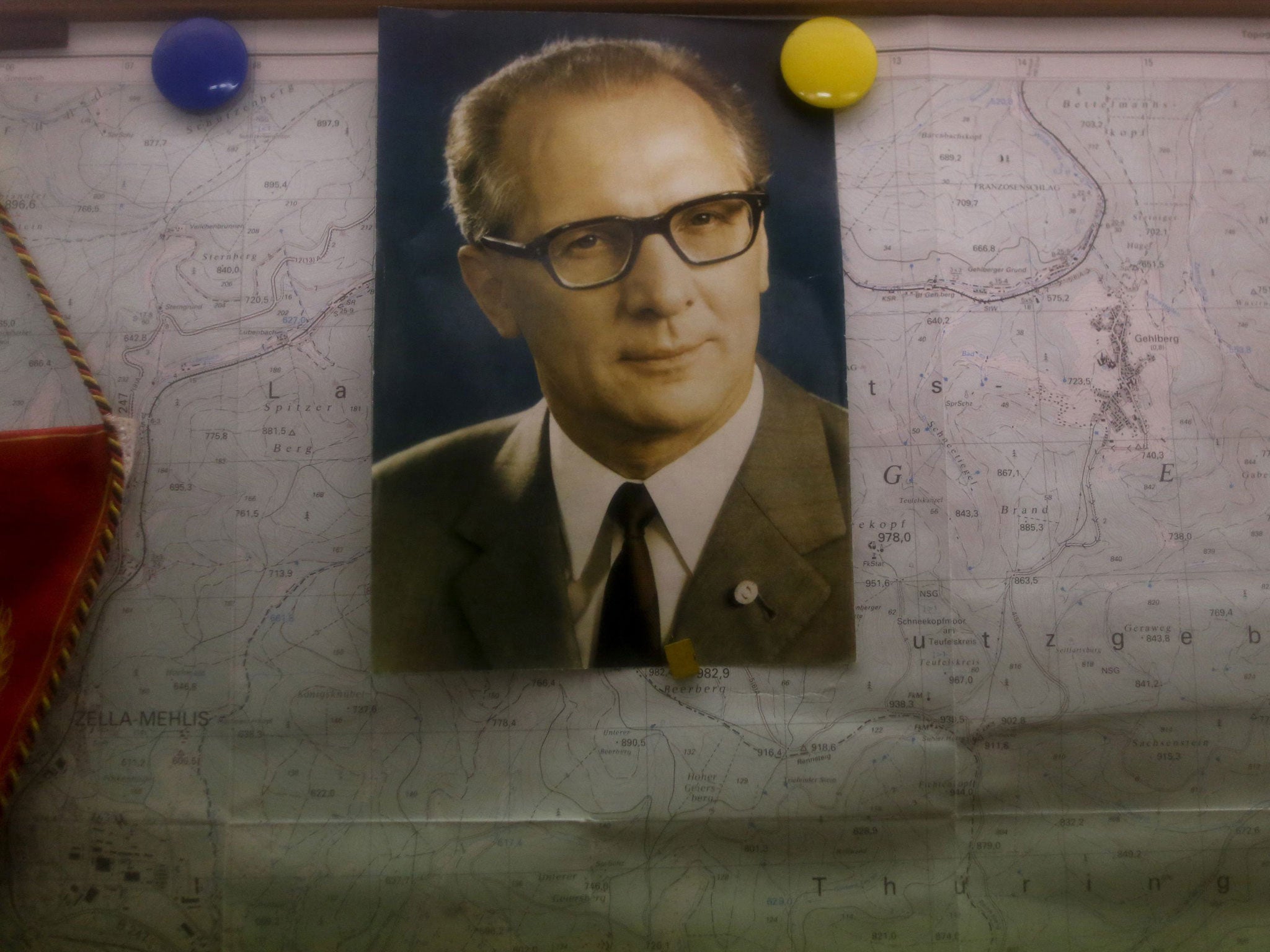Film exposes the homophobic truth behind ‘progressive’ East Germany

The former East German leader Erich Honecker loved kissing fellow communist bigwigs on the lips – a famous photo shows him locked in a “fraternal” mouth-to-mouth embrace with his Soviet counterpart, Leonoid Brezhnev.
But when it came to the reality of gay sex behind the Berlin Wall, official attitudes were markedly different.
The wholesale persecution of gays and lesbians under communism is exposed in a documentary just released in Germany. Out in East Berlin by the filmmakers Jochen Hicks and Andreas Strohfeldts shows how they were systematically ostracised by a totalitarian regime which pretended to the outside world that it was tolerant of homosexuality.
Lesbians and gays in the former German Democratic Republic were constantly harassed and spied on by the Stasi secret police. They were denounced and encouraged to emigrate to the West. Even high ranking communists were kicked out of the party if their homosexuality became known.
To ostensibly show how “progressive” socialism could be, East Germany formally legalised gay sex in 1968 – five years before homosexuality was fully decriminalised in West Germany. But as Christian Pulz, one of 13 East German gay and lesbian people interviewed in the film, puts it: “We never considered East Germany to be left-wing or progressive. It was ultra-conservative.”
Pulz explains how he spent most of his life until the 1989 fall of the Berlin Wall feeling guilty about his sexuality and being terrified that it would be used against him.
That is what happened to the communist party member Klaus Laabs. The son of high-ranking officials, he was sent to Moscow to study in preparation for a job as a diplomat. But when his superiors discovered he was gay, he was kicked out of the party and his career ambitions were instantly dashed.
Marina Krug, whose father taught Marxist-Leninism, suffered a similar fate. As a student at East Berlin’s Humboldt university, she was also earmarked for success. But when she founded a lesbian rights group, she was pressured by the regime into emigrating to the West.
The Stasi also used “Romeos” – gay informants who would form intimate relationships with other gays and then report on their activities. Eduard Stapel, a Romeo victim, recalls how he discovered the extent of the Stasi’s surveillance of gays only when he read his secret police file after the fall of the Berlin Wall.
Subscribe to Independent Premium to bookmark this article
Want to bookmark your favourite articles and stories to read or reference later? Start your Independent Premium subscription today.

Join our commenting forum
Join thought-provoking conversations, follow other Independent readers and see their replies